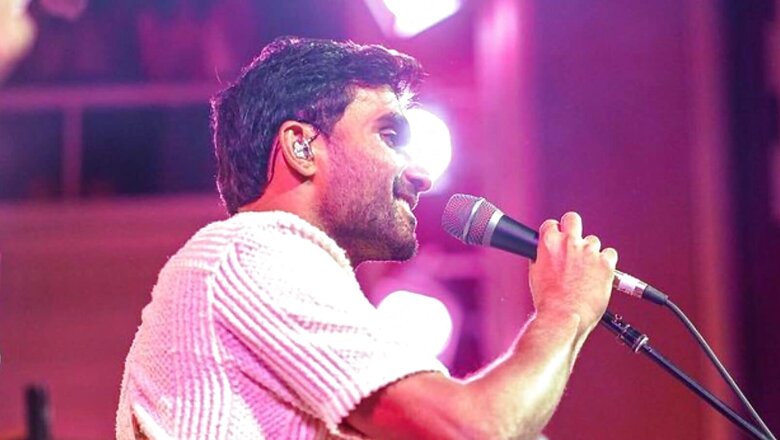
views
Prateek Kuhad, best known for immensely loved tracks like Kho Gaye Hum Kahan, Cold/Mess, Kasoor and Tum Jab Paas, has showed the entire mainstream music industry that if you have it in you then the audience will somehow find their way to your art irrespective of whether or not you are backed by a famous label. Prateek exploded into mainstream consciousness when he broke the internet with his acclaimed song ‘Raat Raazi,’ which was shot on a mobile phone.
Well, it wouldn’t be an overstatement to say that Prateek’s whole music career has been built on the organic love and support of the common public who has time and again praised the singer-songwriter for always preferring originality over trends and carving his own niche without any support from the high-profile music labels.
Currently busy with his multi-city tour ‘The Way that Lovers Do’ across the country, Prateek spoke to us about the feedback that he has received for the shows so far, his incredible transformation from a shy singer to a full-fledged performer on stage and why music label deals are no more a big thing for independent artistes. Radico Khaitan’s Magic Moments Music Studio announced Prateek’s Indian segment of his world tour, ‘The Way That Lovers Do’ last month. The Cold/Mess hitmaker has so far performed in Mumbai, Delhi, Chandigarh, Ahmedabad, Surat, and Hyderabad.
On the response to ‘The Way That Lovers Do’ India tour:
So far, it’s been really good. Especially I think I’m excited by what I’m seeing in the relatively smaller cities because Bombay and Delhi always manage to come out in large numbers. This time, Bombay was a massive show and the audience had a great energy. But it was really cool to see people turning up in large numbers in cities like Pune, Chandigarh and Hyderabad.
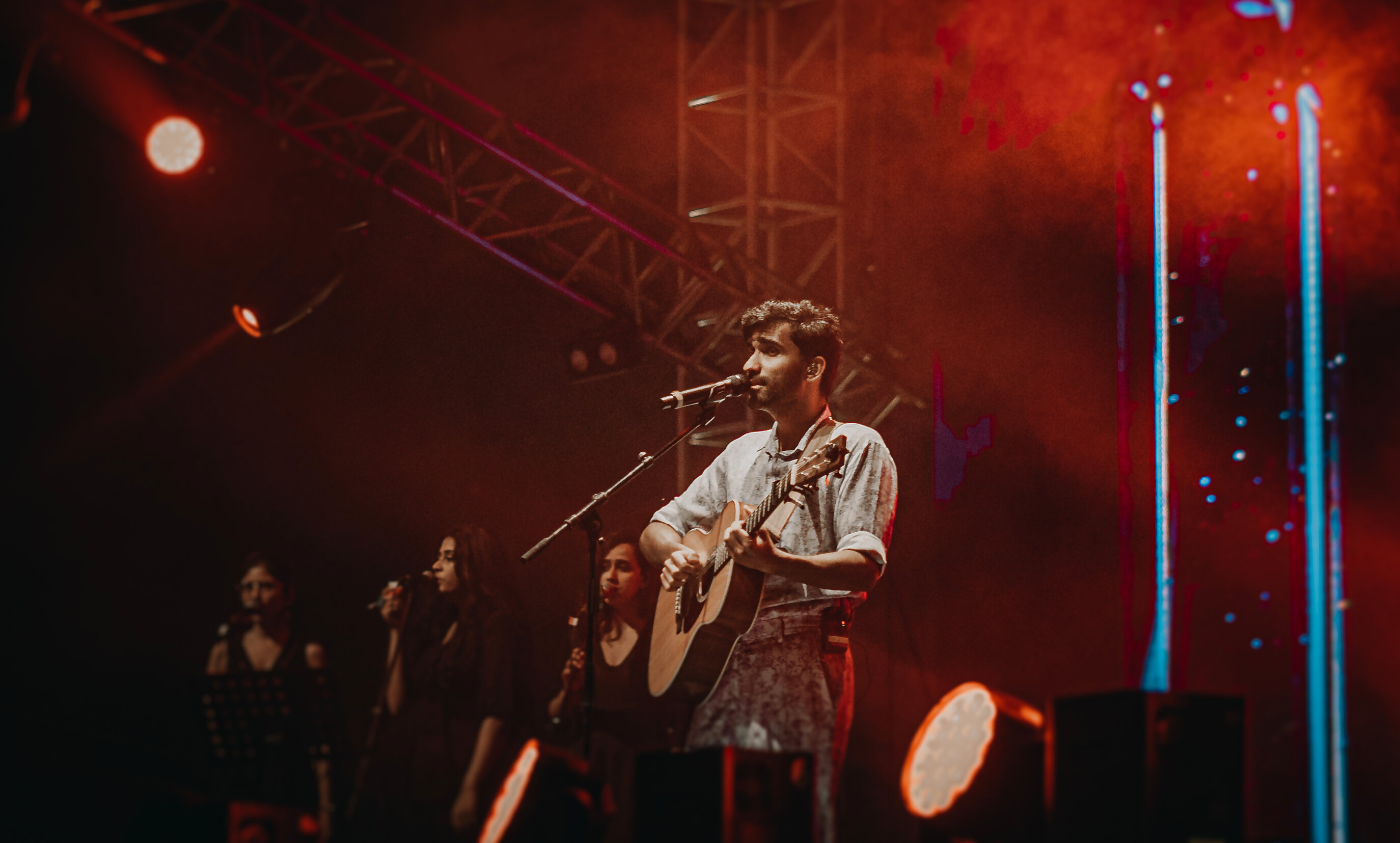
On dealing with stardom:
I like being low-key. I didn’t really expect all of this to happen in this way. Honestly, I had no idea what I was signing up for. Because I just really wanted to make music. When I started out especially, I really didn’t have expectations. I was like, ‘Okay, I just want to make music and be able to make enough money that I can kind of get by.’ That was my goal in life. But then it really took off and stuff. So all of this took me by surprise a little bit. But I still kind of do it for the same reason. My favorite thing about what I do is still the creative process that I get to be in every single day; just working towards this goal of really spreading my music everywhere I can and taking it to a different place. And also more than that, just trying to make better music every single time I put it on. Definitely the spotlight and the fans and all the perks you get from being a little famous is great. It’s more like a cherry on top than anything else.
On overcoming stage fright and being true to himself:
I was a disaster on stage when I started out. I never had a lot of presence in terms of what I said and did on stage and actually still I’m pretty low key when it comes to that and I still don’t talk a ton compared to a lot of other artists and I’m not like jumping or dancing on stage. But even from the beginning, I was always really particular about the performance itself. We are very particular as a team in terms of the arrangements and everything’s really planned and precise. Ultimately you come into a concert for music more than anything. All the antics and stuff that happened honestly is great but if the music itself is not in place, then it’s kind of you’re missing the first step and you are missing the fundamental. Everything else is the cherry on top. But the main, the cake is the music. So I think that was always important for me, because I’m a bit obsessive about details. And I like to get things really right. I think one of the things that with everything that’s happened is just given me a lot of confidence in myself, and a lot more faith than I had before. I think inherently I’ve always trusted myself and did have faith at some level, but it’s just only grown now.
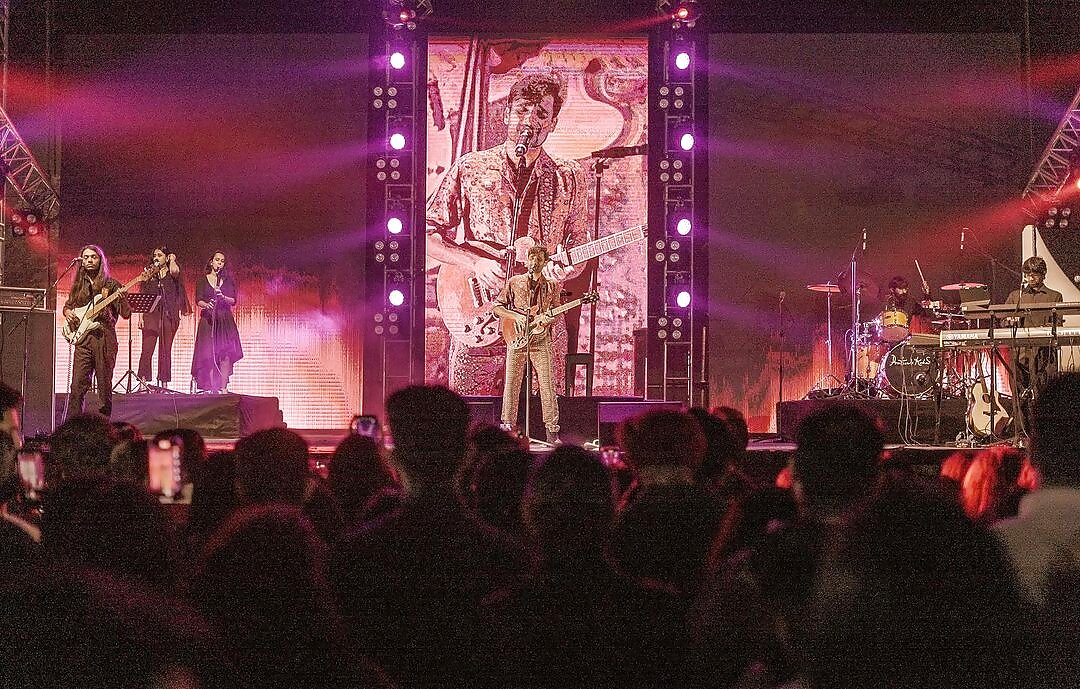
About his song ‘Full Time Lover’ and the album ‘The Way That Lovers Do’:
It actually is one of my favorites. It’s so underrated that nobody really talks about it. But I think I was really kicked when I wrote that song. Lyrically, it’s really interesting. I wanted to talk about how maintaining a relationship is almost like a full time job. And in a good way. That song was the last song that I wrote in the album. So, I started recording this record in August of 2021 in Seattle. Then I took a month off and went to LA and I was doing other stuff and just like thinking about it and refining. And then we did another recording in September. And I wrote Full Time Lover in August in the middle in LA, so it was the newest song of the record, and it was not going to be on that. But I feel like it really sums up the album. It sums up what being a lover is about, in some sense.
About being a “full-time lover”:
A lot of my life’s just about being a lover. I think I do fall in love very, very quickly and I feel a lot of love, in general for people around me. But also, I think when you are in that kind of zone, you tend to look at everything around you with sort of rose tinted glasses because I think it just makes you a happier, more hopeful person. And that’s why when I came up with the title, I was like, ‘this is perfect, because this is really sort of what my life is about.’ And it’s something that’s added a lot of value in my life.
Coping with the Covid-19 pandemic:
The first eight months, I was just anxious all the time because this happened so suddenly and nobody knew anything about this. You were completely uncertain about the future and didn’t if it was for one year or two years or three years or whatever. And then on top of that, I was literally concerned about my parents’ safety all the time. I was constantly worried that some infection was gonna come in and they were both old, My grandmother was like 90. I can’t write when I’m anxious. I’m the most creative and productive when I’m in a neutral state of mind. So even the two, three songs I wrote in the pandemic, one was Co2 which was like, almost at the end of the COVID. There was a period where I felt alright for a few weeks for whatever reason, but other than that, mostly, I felt very uninspired. It was hard for me to be really even productive in general.
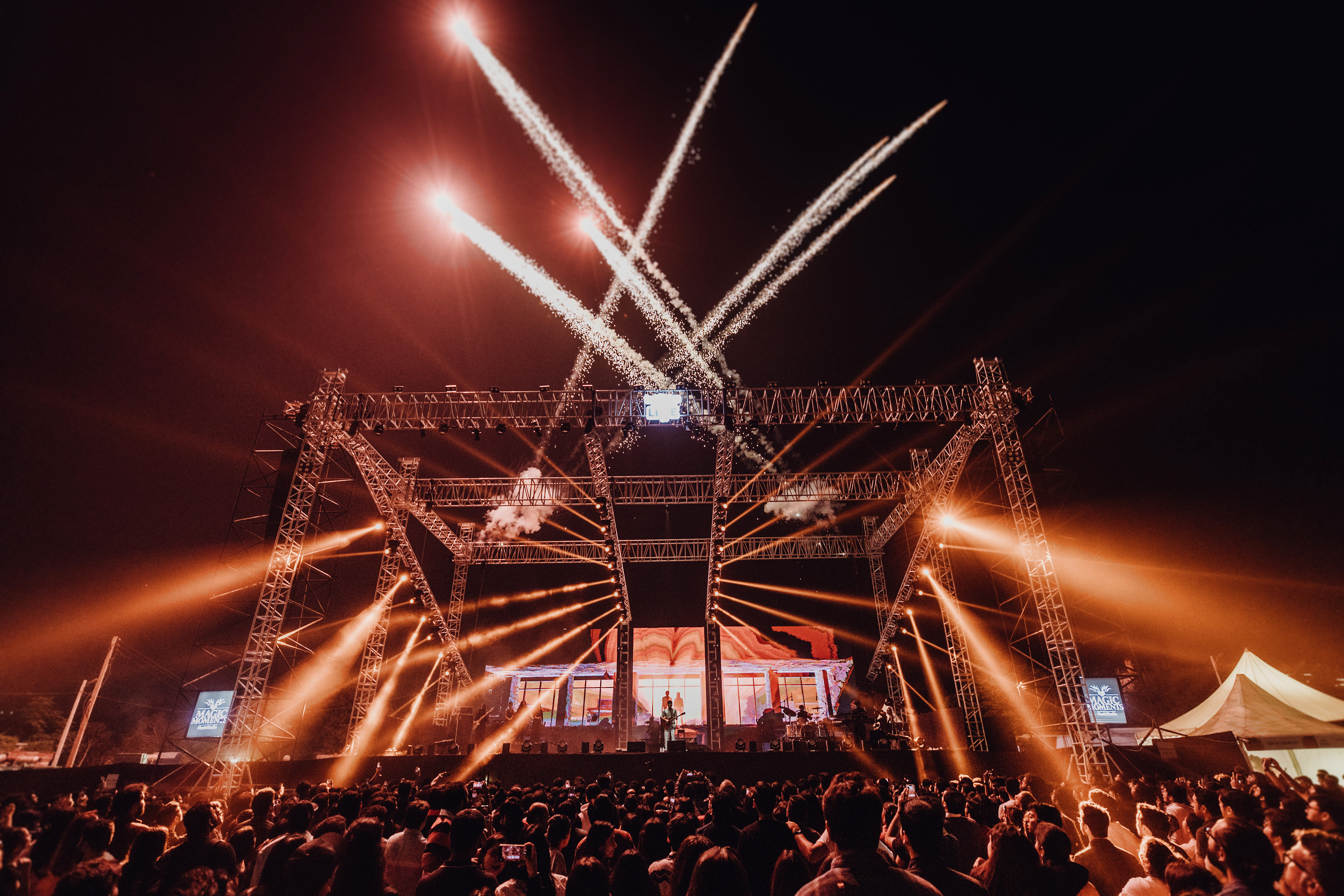
Commercialisation of music:
Today is probably the most decentralised it’s ever been when it comes to how music is distributed. Because if we go 50 years back, that’s when truly everything was oligarchic in that sense, where everything in the industry was controlled by a small group of people at the top rated labels, like production houses and stuff. Now, in the last 15 years, since we have the internet, it’s relatively most democratic because now actually you can put out a song yourself on YouTube and it can break and suddenly have 100 million views. And that’s why the role of labels has also changed a lot lately. They are still there, because it’s still ultimately the capitalistic system and people end up kind of concentrating on the top a little bit when it comes to power and just decision making and stuff, but on a relative scale, it’s much better than it ever has been. Now at least anybody can have an opportunity to go to CD Baby or Archer or any distribution service and just put it up online for like USD 5. The distribution is not that expensive anymore. I go online, sign up if I’m an independent artiste and I put my song online and my record is going to be everywhere on every single platform. I can open social media accounts and start promoting them. I can do it all by myself if I want, which was not an option earlier. You could not distribute your music yourself globally. It was impossible and you had to have a label deal and that’s why label deals were so valuable back then. So, I think we’re on the right path is what I’d say.
Read all the Latest Movies News here











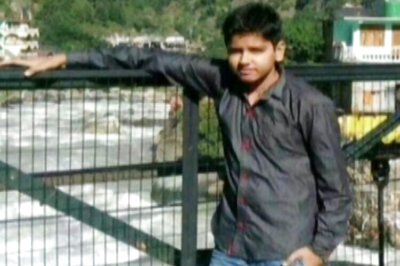
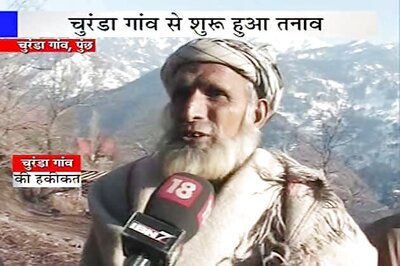
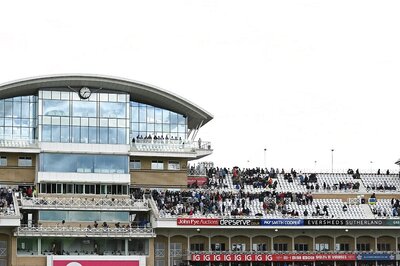
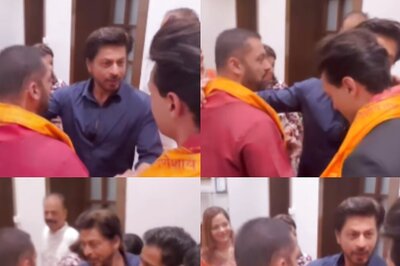
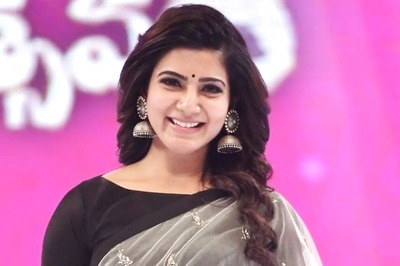

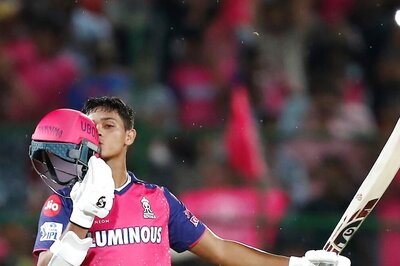
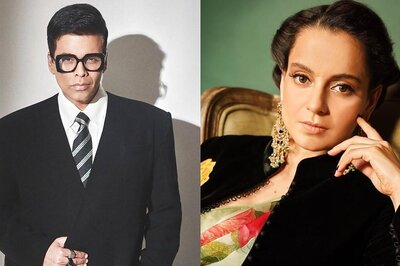
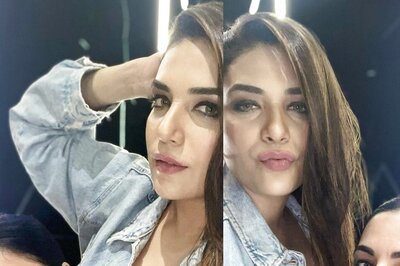
Comments
0 comment